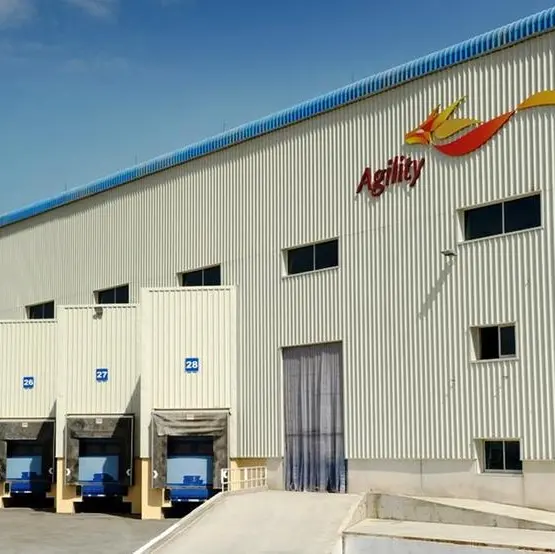PHOTO
SHARM EL SHEIKH – Greater investment in sustainable food cold chains is needed to reduce hunger, provide livelihoods to communities, and adapt to climate change, two UN agencies said in a report launched at the COP27 climate change conference underway in Sharm El-Sheikh, Egypt.
These systems are critical to maintaining the quality, nutritional value and safety of food, especially as an estimated 14 per cent of all food produced for human consumption is lost before it even reaches consumers.
The increased investment is also required if the world is to meet the challenge of feeding an additional two billion people by mid-century, according to the report by the UN Environment Programme (UNEP) and the Food and Agriculture Organization (FAO).
“At a time when the international community must act to address the climate and food crises, sustainable food cold chains can make a massive difference,” said Inger Andersen, the UNEP Executive Director.
“They allow us to reduce food loss, improve food security, slow greenhouse gas emissions, create jobs, reduce poverty and build resilience – all in one fell swoop.”
Food waste is happening as the number of hungry people worldwide rose to 828 million in 2021, or 46 million more than in the previous year.
In 2020, nearly 3.1 billion people could not afford a healthy diet, up 112 million from 2019, as the impacts of the COVID-19 pandemic drove up inflation. This year, the crisis in Ukraine has threatened global food security.
The report argues that developing countries could save a staggering 144 million tonnes of food annually if they reached the same level of food cold chain infrastructure as richer nations.The report contains recommendations that include quantifying the energy use and greenhouse gas emissions in existing food cold chains, establishing benchmarks, and identifying opportunities for reductions.
Sustainable food cold chains can also make an important difference in efforts to achieve the Sustainable Development Goals (SDGs), according to FAO Director-General Dongyu Qu.“All stakeholders can help implement the findings of this report, to transform agrifood systems to be more efficient, more inclusive, more resilient and more sustainable – for better production, better nutrition, a better environment and a better life for all, leaving no one behind,” he said.





















